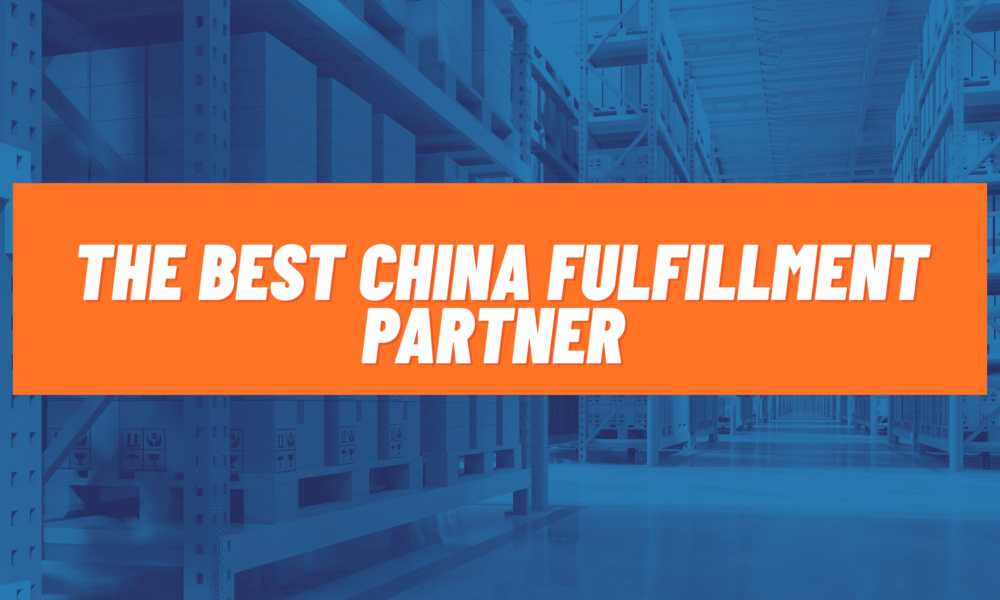The ecommerce sector is currently saturated as more entrepreneurs are shifting to…
What Is a Wholesale Business Model And How Does It Work?
What exactly is wholesale? When a business purchases goods in bulk from manufacturers or distributors, stockpiles them, and then sells them to other companies, this is called wholesale.
The term “wholesale” denotes two distinct business strategies to expand further.
First, businesses may purchase goods in bulk straight from manufacturers, store them, and resell them.
Alternatively, wholesale may apply to businesses that manufacture their products and sell them straight to retailers, who then sell them to the final consumer.
This second alternative has grown in popularity due to wholesale markets like Handshake.
Table of Contents
What Is the Distribution Process for Wholesale Goods?
In wholesale, entrepreneurs acquire goods from distributors and resell them to retailers for resale to end-users.
Wholesale goods suppliers source trendy products to ensure they can supply retailers with the most current merchandise.
When a trend is discovered, wholesalers research and source the most cost-effective products, selecting from various manufacturers and distributors. Wholesalers then sell these products to retail businesses.

Types of Wholesale
It can be challenging to manage the wholesale sector, as some wholesalers operate alone while others collaborate with a single or two producers. Wholesale businesses can be classified into three distinct groups or kinds. These are the following:
1. Merchant Wholesalers
This is the most prevalent category. Merchant wholesalers buy in bulk and resell in smaller amounts at a higher price. While merchant wholesalers may not make their products, they have an in-depth understanding of them and understand when the best time is to begin selling them to retail businesses in various industries.
2. Brokers
Brokers often do not own the products they sell; they act as intermediaries between wholesalers and their clients. A broker negotiates a favorable agreement with two parties and is compensated through a sales commission structure.
3. Sales and Distribution
Rather than depending on wholesalers to locate manufacturers, a manufacturer could employ businesses to market them to wholesalers aggressively. This means manufacturers will approach wholesalers to sell their products, tailoring wholesale arrangements to specific circumstances.
Advantages of Wholesale
Create a Supplier Network
Wholesalers require a reliable network of suppliers and manufacturers. To ensure that business works smoothly for a wholesaler, deliveries must be made on time, products must be of a high level, and connections must be respected.
Supplier connections should be positive and well-maintained to ensure the long-term viability of your brand.
.Develop a Specialty
Studying and selling products can help you establish yourself as an expert in this subject. Whether you sell auto parts, diamonds, or wedding supplies, you will develop industry knowledge that your consumers will learn to trust. Use this content to attract more visitors to your online store and provide information that will assist clients in purchasing.
.Rapid Expansion
Once you’ve established a strong foundation in your industry, you’ll begin to notice linkages to other markets. These connections may present upselling or cross-selling opportunities, which can help your organization achieve even greater success. This expansion will be simple because you have already built your brand and relationships with people who supply their products wholesale. Any new venture will be quick and painless in comparison to establishing.
- Save money
You can save money by purchasing products in bulk and taking advantage of wholesalers’ discounts on larger orders. This enables you to get discounts while selling them at a premium. Depending on your initial investment, you can gain an advantage over competitors by buying and selling large volumes.
How is Wholesale Pricing Determined?
A wholesale price is an amount a manufacturer charges a wholesaler for placing a bulk order. Because wholesale entails purchasing in bulk, a considerable discount from the manufacturer can be negotiated, allowing the wholesaler to profit from retail markup.
Retail markup is the difference between a retailer’s price for a product and the wholesale price. For instance, if a wholesale purchases 500 products for $2,000, each costs $4. The wholesaler may elect to sell these products to retailers in lots of 50 for $400 each lot.
The price per product has been hiked to $8, which means a wholesaler will profit by $4 per product or $2,000 on the entire consignment. This is what differentiates wholesale from retail.
What Is the Distinction Between a Distributor, a Wholesaler, and a Retailer?
A product must travel a great distance before it reaches a paying customer. Wholesalers, distributors, and retailers are all middlemen in the supply chain who facilitate the journey.
Each has a distinct purpose and set of tasks that define its function within the network.
The distributor is an independent agent who contracts with a manufacturer to sell the manufacturer’s products to wholesalers or retailers.
Distributors frequently face restrictions from manufacturers and are not permitted to sell other product lines or competitive products; however, this usually depends on the industry and the existing agreement.
Distributors typically carry a huge stock volume and frequently warehouse goods for up to a year.
Prospective buyers must deal directly with the chosen distributor when approaching a manufacturer.
A wholesaler is a middleman who purchases bulk from a distributor and resells it to a retailer at a wholesale price.
Wholesalers can specialize in a specific product category, such as women’s shoes, or offer a diverse assortment of stock destined for retailers in different industries.
Distributors are wholesalers who carry only non-competing products. In addition to breaking down bulk orders into smaller amounts, wholesalers can build goods during the process.
Compared to distributors, wholesalers often warehouse products for a shorter time, typically up to six months.
Retailers are for-profit businesses that sell directly to consumers for consumption only, not resale.
A retailer must make a wholesaler or distributor who sells reasonably priced products with sufficient quantity to profit.
Retailers typically earn money by purchasing small quantities from wholesalers and reselling them at a relatively high price to pay advertising costs and other expenditures such as staff wages, rent, and energy bills.
Wholesale vs. Dropshipping
Wholesaling is advantageous since it lets you buy and sell whenever and anywhere. You can even determine how your products are sold, making this an excellent alternative for entrepreneurs with sufficient initial cash.
Dropshipping, a new type of online retailer, has proven popular among eCommerce entrepreneurs with limited initial money.
A drop shipper is a retailer who does not maintain an inventory but gets a commission on orders routed to his wholesaler.
The primary benefit of this kind of retail fulfillment is that you cannot own or maintain the sold inventory. When you receive a new order, please forward it to your wholesale partner responsible for product shipping and receive a commission.
Dropshipping-based eCommerce businesses rely heavily on wholesale suppliers and must be selective in their partner selection.
Both company formats are excellent choices but best suited to different entrepreneurs.
Start Shopify For Only

Try Shopify free for 3 days, no credit card is required. By entering your email, you agree to receive marketing emails from Shopify.




Comments (0)